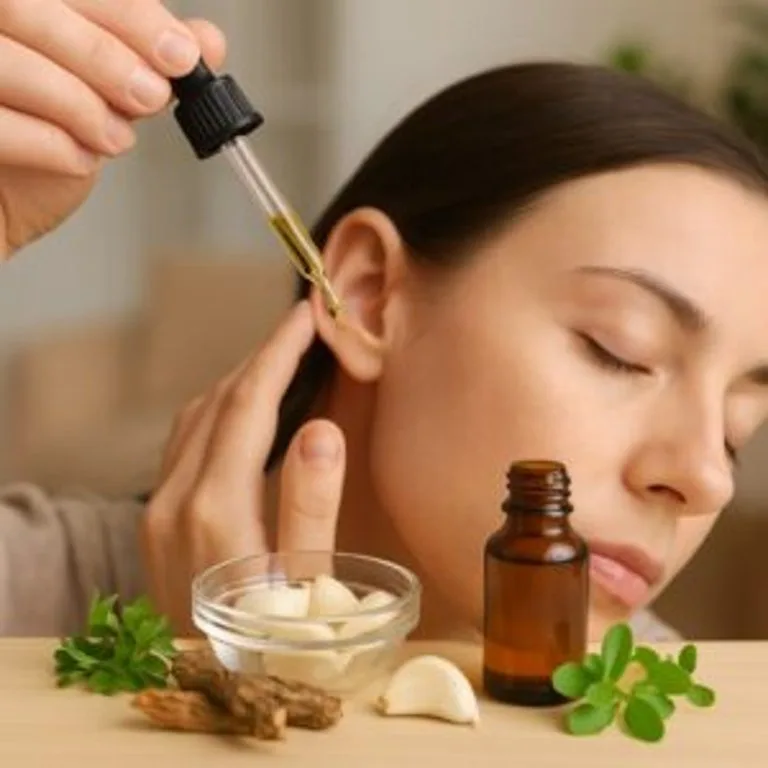Safe and Natural Ayurvedic Treatment for Chronic Deafness
Deafness is a condition marked by partial or complete loss of hearing, often resulting from underlying health issues rather than being a disease in itself. In Ayurveda, hearing loss is often linked to imbalances in Vata, Kapha, or degeneration of the auditory nerves. Understanding its early signs, root causes, and effective natural remedies can help in its timely management.
What Is Deafness?
Deafness is defined as the reduced ability to hear sounds either in one ear or both. While congenital deafness is present from birth, acquired deafness develops gradually over time, often due to lifestyle, nutrition, medications, or imbalanced body energies.
Common Symptoms of Deafness
Recognizing early signs of deafness can lead to better treatment outcomes:
- Persistent buzzing or ringing sounds in the ears (tinnitus)
- Difficulty understanding speech, especially in noisy environments
- Frequently asking others to repeat themselves
- Turning up the volume on electronic devices
- A feeling of fullness or blockage in the ears
Root Causes of Deafness in Ayurveda
According to Ayurvedic understanding, the following are major contributing factors to hearing loss:
1. Excessive Use of Toxic Medications
Long-term use of drugs such as quinine and other ototoxic substances can damage the auditory nerves and impair hearing.
2. Poor Nutrition
Lack of essential nutrients can weaken nerve tissues, especially in the elderly, leading to gradual hearing loss.
3. Overuse of Alcohol and Intoxicants
Heavy use of intoxicants increases blood acidity, which hampers circulation to the inner ear and diminishes hearing capacity.
4. Kapha Imbalance
An accumulation of Kapha dosha can cause mucous blockage in the ear canals, obstructing hearing.
5. Excessive Seminal Loss
Chronic loss of Shukra Dhatu (reproductive fluids) may weaken vital tissues, including the auditory nerves.
6. Snuff Use and Forceful Nose Blowing
These habits can affect the Eustachian tube, disrupting normal ear pressure and leading to hearing issues.
7. Vata-Kapha Imbalance
Disrupted Vata or Kapha doshas may impair the function of the auditory nerve fibers, leading to deafness.
8. Ear Infections and Pus Accumulation
Swelling, infections, or pus in the middle or inner ear can block sound transmission, causing temporary or permanent hearing loss.
Natural Ayurvedic Remedies for Deafness
Healing hearing loss naturally involves addressing the root cause through lifestyle changes, herbal support, and dosha balancing.
1. Nasya Therapy (Nasal Oil Application)
Use of medicated oils like Anu Taila or Ksheerabala Taila helps clear nasal passages and improve ear function.
2. Herbal Drops
- Garlic oil or mustard oil (lukewarm) can be used as ear drops to reduce blockage and improve hearing.
- Onion juice or Basil (Tulsi) juice acts as a natural antibiotic when used in small drops.
3. Ashwagandha and Brahmi
These herbs help strengthen the nervous system and support auditory nerve health.
4. Diet Rich in Nerve-Strengthening Foods
Include:
- Almonds, walnuts, and ghee to nourish nerves
- Fresh fruits and vegetables to provide antioxidants
- Cow’s milk and dates for overall vitality
Ayurvedic Diet and Lifestyle Tips for Better Hearing
✅ Recommended Foods:
- Warm, freshly prepared meals
- Ghee, milk, soaked almonds, raisins
- Moong dal, green leafy vegetables
- Triphala or Trikatu for detox support
❌ Foods and Habits to Avoid:
- Cold, fried, or processed food
- Heavy dairy products like paneer
- Alcohol, tobacco, and recreational drugs
- Exposure to loud noise
- Snuff and aggressive nose blowing
Dos and Don’ts in Managing Hearing Loss
✔️ Dos:
- Perform oil pulling and nasya daily
- Keep ears dry and clean
- Stay warm, especially in winter
❌ Don’ts:
- Avoid loud sounds and earphones at high volume
- Don’t ignore infections or ear pain
- Avoid overuse of medications without advice
When to Consult a Doctor
If you experience sudden hearing loss, ear pain, discharge, or persistent tinnitus, consult an ENT specialist immediately. Ayurveda works best when integrated with timely medical attention.
Final Thoughts
Deafness can be prevented and managed effectively through a holistic Ayurvedic approach that focuses on dietary balance, herbal therapies, and lifestyle correction. Identifying the underlying dosha imbalance is key to long-term relief. Always consult an experienced Ayurvedic practitioner for personalized guidance.
“Learn about safe and effective Ayurvedic treatment for gland swelling.”
“Learn how Ayurveda supports syphilis treatment naturally.”
Frequently Asked Questions for Deafness:-
Q1. What causes deafness according to Ayurveda?
Ans: Ayurveda explains deafness as a disorder related to imbalance of Vata dosha affecting the auditory nerves and ear channels (Shravanendriya). Causes may include chronic ear infections, aging, injury, or accumulation of toxins (Ama).
Q2. Can Ayurveda cure deafness permanently?
Ans: Ayurveda may not always reverse complete hearing loss, but it can help improve partial hearing, strengthen auditory nerves, reduce tinnitus, and manage underlying causes with herbs, therapies, and lifestyle changes.
Q3. Which Ayurvedic herbs are useful for deafness?
Ans: Herbs like Ashwagandha, Brahmi, Yashtimadhu (Licorice), and Bala are known to nourish the nervous system. Oils like Anu Taila and Bilva Taila are often used in ear therapies (Karna Purana) for hearing support.
Q4. What Ayurvedic therapies are recommended for deafness?
Ans: Panchakarma therapies like Karna Purana (ear oil therapy), Nasya (nasal drops), and Shirodhara are recommended. These therapies help cleanse and rejuvenate the auditory pathways, improving ear health.
Q5. How can lifestyle changes help prevent deafness in Ayurveda?
Ans: Ayurveda suggests avoiding loud noises, practicing pranayama, maintaining ear hygiene, eating a Vata-pacifying diet, and keeping the body well-nourished with ghee, nuts, and herbal tonics to protect hearing.
Trusted External Resources
For more information on Ayurveda, yoga, and natural wellness, explore these authoritative resources:
